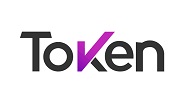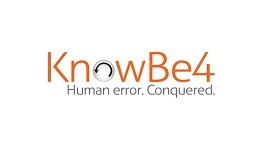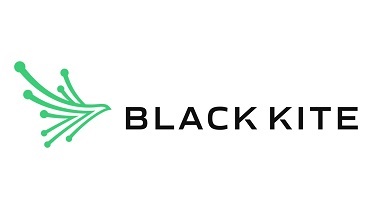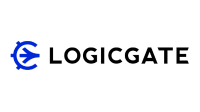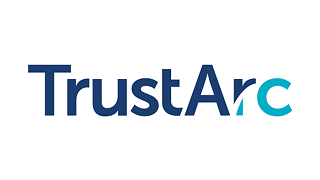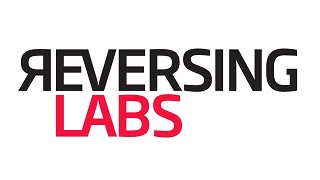How to Choose the Best MFA Methods to Help Stop Ransomware Attacks
Enterprise adoption of MFA has become the best tool to fight presentday ransomware attacks by protecting administrative accounts and in interrupting the movement of attacker across your corporate network.
Ransomware Hostage Manual
How to Improve Detection and Response with Netwrix Solutions
Netwrix makes data security easy. Since 2006, Netwrix solutions have been simplifying the lives of security professionals by enabling them to identify and protect sensitive data to reduce the risk of a breach, and to detect, respond to and recover from attacks, limiting their impact.
Navigating the MOVEit Transfer Cybersecurity Storm
The Progress company behind the popular MOVEit file transfer product has announced a second vulnerability. As part of the ongoing investigation, cybersecurity company Huntress conducted code reviews of the MOVEit product and uncovered a new vulnerability that could potentially be exploited. This newly discovered vulnerability was stated to be different from the previously reported vulnerability shared on May 31, 2023.
Black Kite Ultimate Guide to Building a Third Party Risk Program
In this guide we dive into the top 5 steps to building out a modernized third-party risk management program.
Guide to Defending Against Ransomware
Discover the dangerous evolution of ransomware - from simple lock screens to crypto-ransomware that stealthily encrypts all your files.
Building the Business Case for Quantifying Cyber Risk
This guide illuminates the crucial process of assessing and quantifying cyber risks in the modern business landscape.
Current State and Trends of Privileged Access Management
Discover how organizations are grappling with an expanding attack surface and increasingly sophisticated cyber threats. Learn why privileged access management (PAM) is a critical component of effective cybersecurity, as it helps prevent unauthorized access and abuse of privileges.
Build a Business Case for a Cybersecurity Risk Management Solution
This paper will act as a guide for translating between the languages of cyber and business.
Case Study: Horizon Media
ThisToday, Horizon benefits from a risk culture that protects their information assets and recognizes the value of a strong risk program.
2023 Global Privacy Benchmarks Report
This report captures challenges and threats to privacy past and future, relevant business strategies and priorities, current knowledge, and best practices.
Software Supply Chain Security for ITSM & Third-Party Risk
Address the rising threat of software supply chain attacks and protect your enterprise systems.
5 Steps To Reduce the Web of Uncertainty in TPRM
In this guide, we’ll look at the shifting context that is driving the need for stronger TPRM, and steps every organization can take to improve and maintain their third-party risk profile.
7 Best Practices to Modernize Your Third-Party Risk Management
Today’s challenging business climate – with its growing uncertainty, greater complexity, and increasingly disruptive cyber threats – has been a wakeup call to improve third-party risk management (TPRM). For these reasons, organizations are looking for ways to improve their approach.

